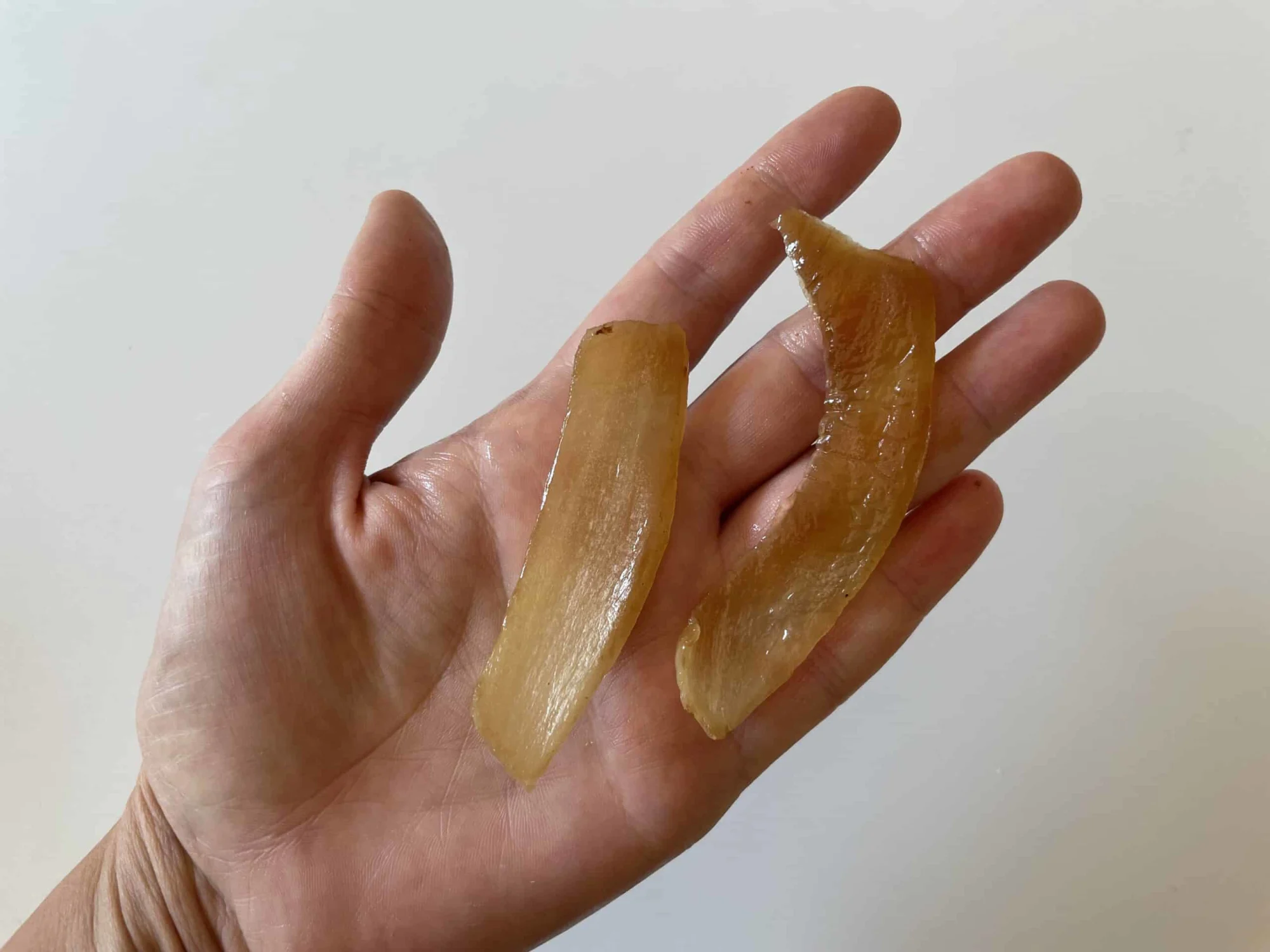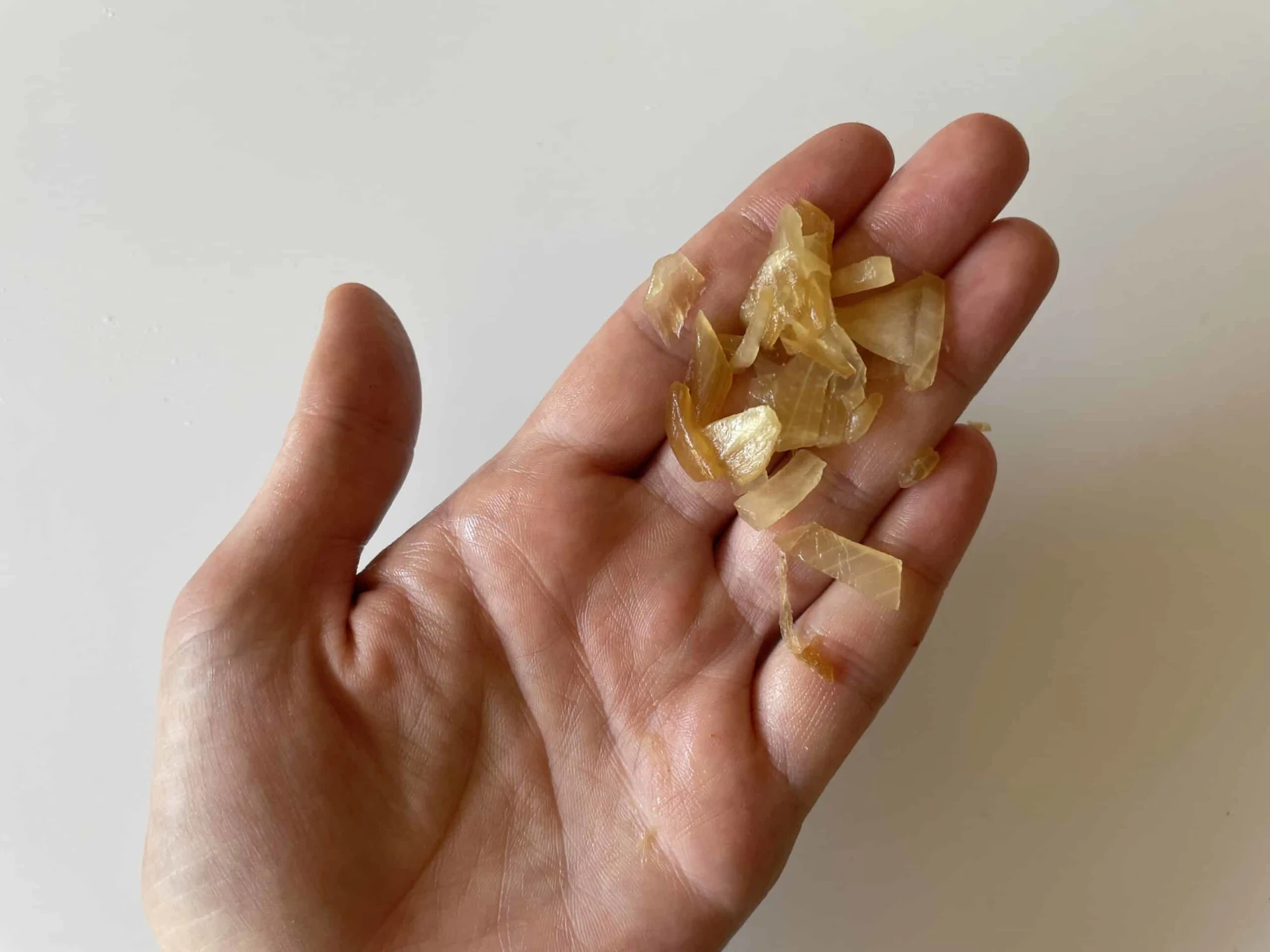Access our First Foods® Database in the Solid Starts App.
Learn moreOnion
Vegetable
Age Suggestion
6 months
Iron-Rich
No
Common Allergen
No

When can babies have onions?
Onions may be introduced as soon as baby is ready to start solids, which is generally around 6 months of age.
Sometimes called alliums (their Latin name), onions are part of the same family of plants that includes chives and garlic, and there are more than 500 species that grow in a range of climates. They are eaten fresh in salads, sandies, and salsas; baked in chapati, pletzel, and tarts; cooked in curries, moles, and sofrito; and preserved in kimchi, jam, and pickles.
How do you serve onions to babies?
Every baby develops on their own timeline, and the suggestions on how to cut or prepare particular foods are generalizations for a broad audience.
6 months old +:
Mix well-cooked minced, chopped, or sliced onion into other foods, such as casseroles of grains, legumes, or rice; egg dishes like frittatas, omelets, or salads; or protein-rich preparations like bean burgers, fish patties, or meatballs. You can also serve cooked onion in large slices or wedges for baby to munch on. Small, round varieties, such as pearl onion, pose a higher choking risk. These can be offered cooked, chopped, and mixed into other foods. Lastly, if you would like to expose baby to the strong flavor of raw onion, you can offer a large section of one of the onion's outer layers for baby to munch on, although none of this food is likely to make it into the belly.
9 months old +:
Offer cooked onion in small chopped pieces or soft, thin slices. Serve the onion on its own or mixed into shared family meals. Small, round varieties, such as pearl onion, pose a higher choking risk. These can be offered cooked and chopped or smashed until flat. While you can continue to serve large sections of a layer of raw onion, baby is more likely to be able to take bites of the onion at this age, which may result in lots of spitting.
12 months old +:
At this stage of development, larger pieces of well-cooked onion can help children build chewing and swallowing skills. At this age, you can also try serving raw onion, finely chopped or in thin slices. Small, round varieties like pearl onions can be cooked and served as desired. When you feel confident in a toddler’s ability to thoroughly chew food and not overstuff their mouth, you can serve pickled pearl onions, which can sometimes be more firm than cooked.
24 months old +:
When a child has some molars and you feel confident in their ability to thoroughly chew food and not overstuff their mouth, you can serve fried onions as long as they are not too sharp or firm. When introducing fried onions, consider starting with just a few as the child practices the challenging texture, either served on their own or as a topping on the child’s meal.


How to prepare onions for babies 6 months +
Learn if your baby is ready for solids on our Readiness FAQ page.
Videos
Are onions a choking hazard for babies?
Yes. Raw onion can be firm and slippery, which are qualities that pose a high risk of choking. To reduce the risk, prepare and serve onion in an age-appropriate way. As always, make sure you create a safe eating environment and stay within an arm’s reach of baby during meals.
Learn the signs of choking and gagging and more about choking first aid in our free guides, Infant Rescue and Toddler Rescue.
Are onions a common allergen?
No. Onion allergies are rare, but they are not unheard of. Individuals with allergies to the lily flower or who have Oral Allergy Syndrome (also known as Pollen-Food Allergy Syndrome) may be sensitive to onions. People who are sensitive to garlic or chives may also be sensitive to onions as they are members of the same plant family.
As you would when introducing any new food, start by offering a small quantity on its own for the first few servings. If there is no adverse reaction, gradually increase the quantity over future meals.
Are onions healthy for babies?
Yes. Onions of all colors are rich in carbohydrates, fiber, and fluid, in addition to folate, potassium, and vitamins B6 and C. These nutrients provide energy to fuel baby’s movement and play and support for digestive health and hydration. They also help with brain development, metabolic processes, immune function, and iron absorption. Plus, onions are rich in anthocyanins, flavonoids, and polyphenols—antioxidants that may offer anti-cancer properties.
Can babies have red onions?
Yes. Like any other type of onion, red onions should be prepared in an age-appropriate way to reduce the risk of choking. Compared to other colors of onion, red onions offer high levels of anthocyanins and quercetin, two flavonoids with various immune-supportive benefits.
Can babies have pickled onions?
Yes, if prepared in an age-appropriate way to reduce the risk of choking. While some pickled onions can be high in sodium, they are typically consumed in small amounts and a taste here and there as part of a varied diet is fine.
Our Team
Written by
Expert Tips Delivered to Your Inbox
Sign up for weekly tips, recipes and more!
Copyright © 2026 • Solid Starts Inc







